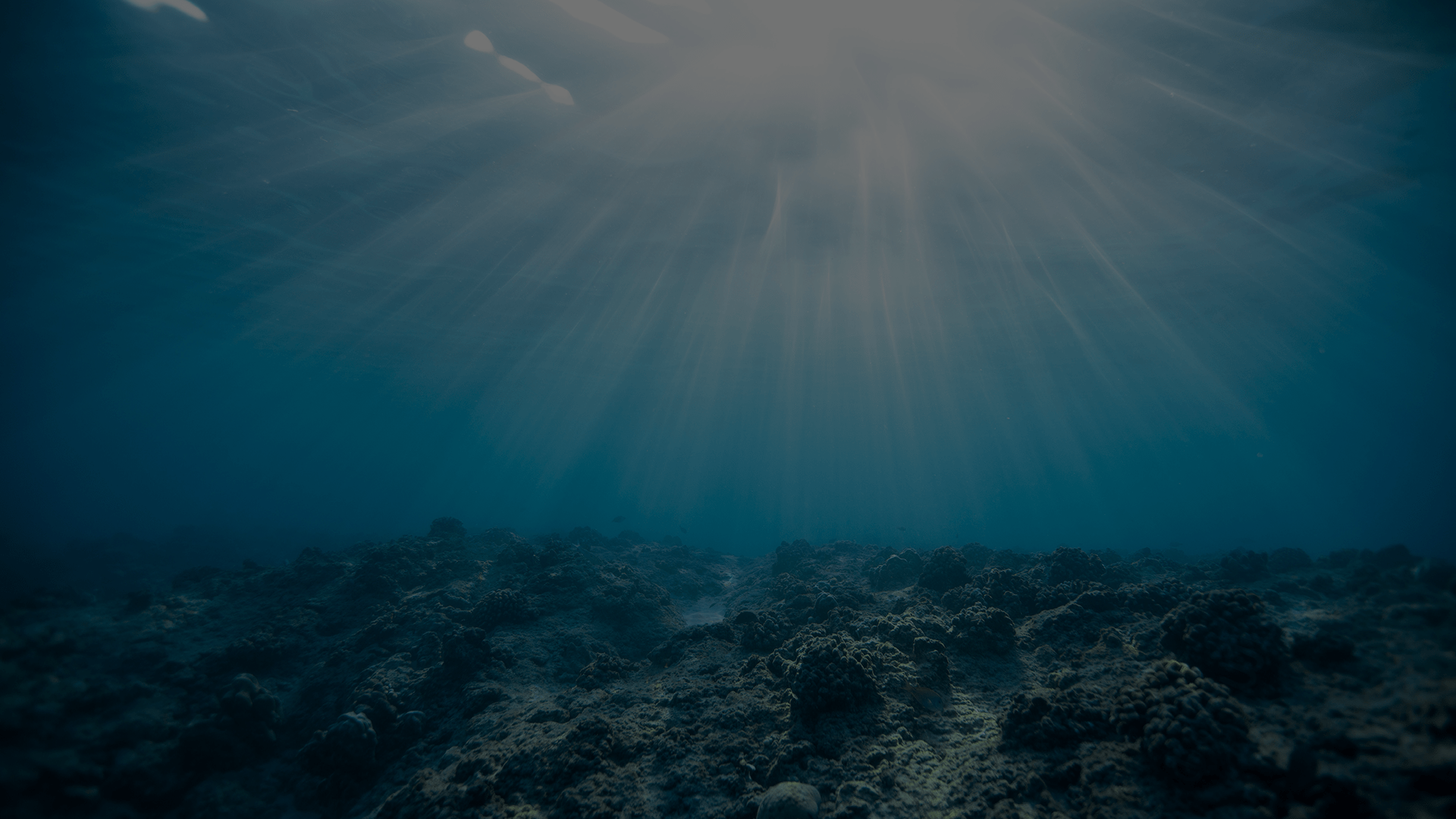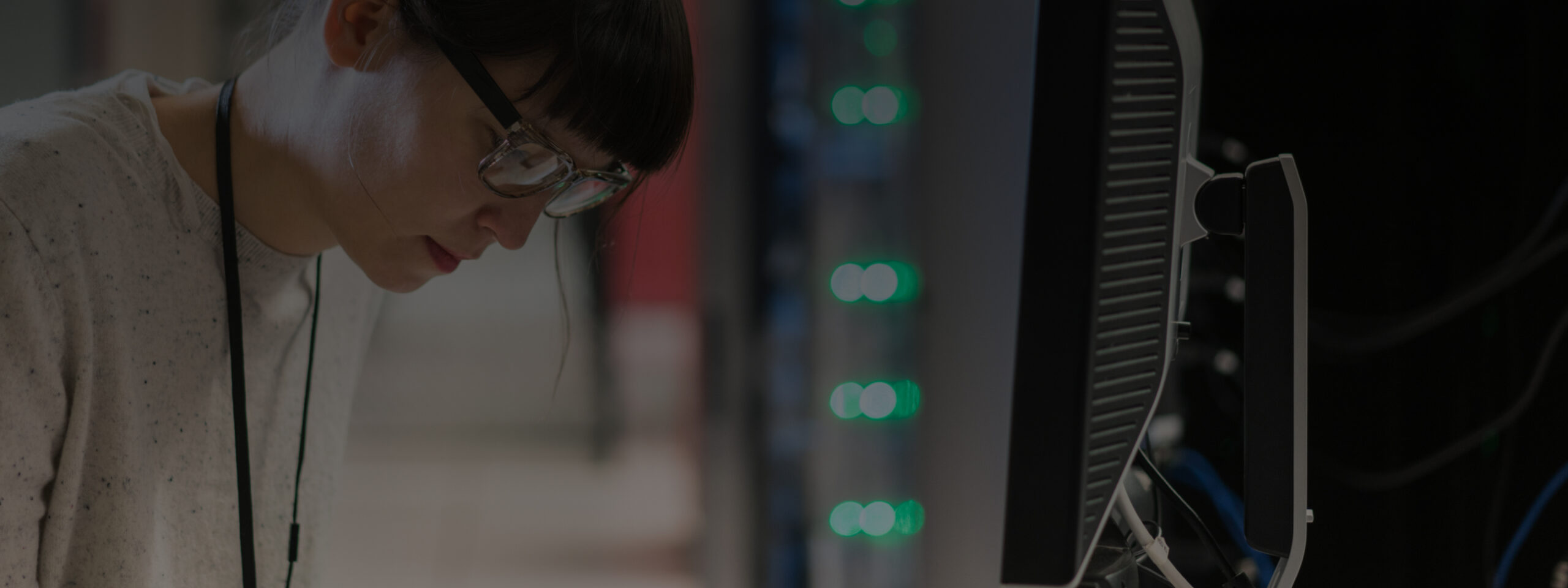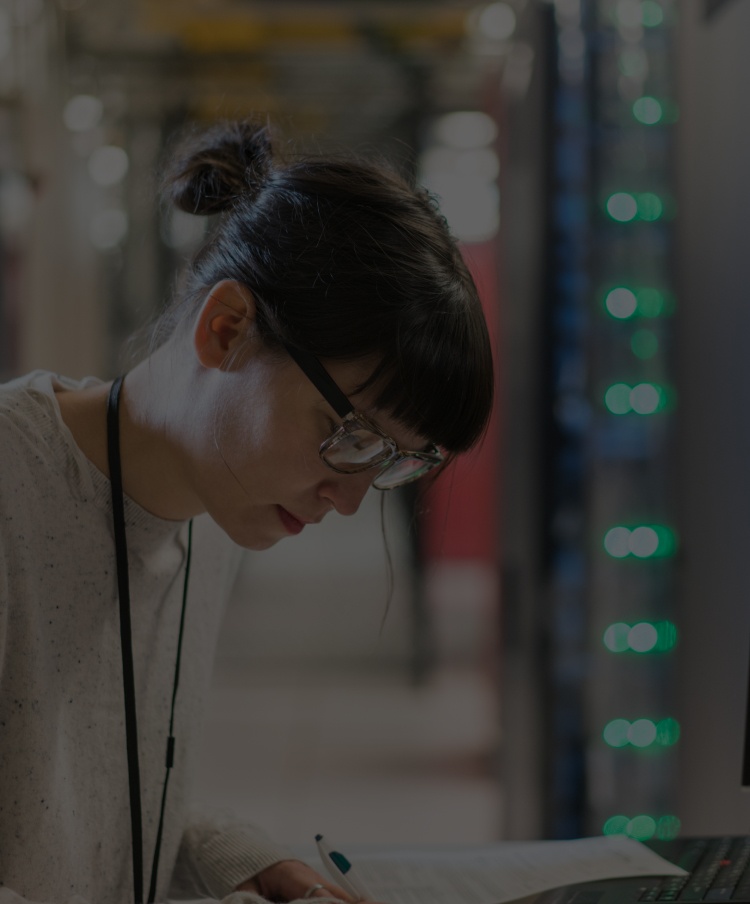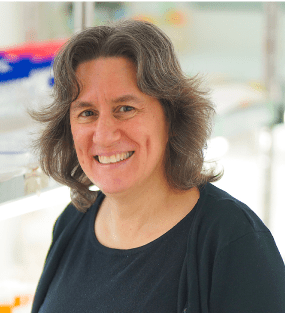

The Ocean Biogeochemistry Virtual Institute (OBVI)
OBVI aims to accelerate society's response to climate change by tackling some of the most challenging data and modeling problems in ocean biogeochemistry research.
Overview
The ocean plays a powerful role in regulating Earth’s climate and acts as a vast repository for carbon. Studies to date reveal that the ocean has absorbed and stored nearly one-third of the carbon dioxide that humans have emitted over the last century. Ocean biogeochemists have developed a broad understanding of how the ocean shapes climate, as well as how the ocean sequesters (stores) carbon from the Earth’s atmosphere. We are lacking, however, a deeper fundamental and mechanistic understanding of the physical, chemical, biological, and geological processes that govern the cycling and storage of carbon in the ocean. We have much to learn about the connections between carbon and other elemental cycles, and the specific roles that marine microbes and animals play in shaping those relationships. Our gaps in knowledge impede our ability to predict the extent to which the ocean can continue to sequester carbon dioxide, as well as our ability to predict the structure, function, and resilience of marine ecosystems in a rapidly warming world.
A more robust understanding of the fate of carbon in the ocean, as well as the relationships between elemental cycles and the biosphere, is necessary for developing a predictive model of how the ocean carbon cycle might change. This knowledge is critical to the assessment and development of viable ocean-based carbon dioxide removal methods as part of climate mitigation strategies. However, achieving this level of understanding is challenging for technical, logistical, and cultural reasons.
The Schmidt Futures Ocean Biogeochemistry Virtual Institute (OBVI) aims to improve the breadth and rigor of ocean biogeochemistry research, capacity to manage ocean resources, and environmental decision-making in order to better respond to climate change.
OBVI seeks to tackle some of the most challenging biogeochemical data and modeling problems across systems and scales by developing novel approaches for ocean data collection, integration, and interpretation. We hope that through these efforts, we can improve our understanding of the cycling and storage of carbon in the ocean.
OBVI is purposefully focused on enhancing the speed and effectiveness of discovery and the translation of fundamental research to inform environmental decision-making. As one of Schmidt Futures’ Virtual Institutes of Science, OBVI will build an international, integrated network of carefully selected scientific and technical talent to solve hard and important problems of scientific knowledge by working across institutions and disciplines – taking high-risk bets that apply advanced computing and innovative technologies to STEM R&D for better results. This network will confront grand challenges in ocean biogeochemistry by reimagining how we address some of the reasons for why they are difficult to overcome. Together, OBVI projects may produce outcomes including but not limited to; a more robust, global synthesis of ocean carbon flows; a new model of ocean biogeochemical research that allows for greater international participation (especially from underrepresented scientific communities); and an advanced ability to predict the ocean carbon cycle and the resilience of diverse marine ecosystems.
OBVI will maximize opportunities to support ocean observing and data collection as part of these high-quality interdisciplinary research projects by collaborating with the Schmidt Ocean Institute (SOI), a 501(c)(3) private non-profit operating foundation established by Eric and Wendy Schmidt. SOI’s mission is to catalyze the discoveries needed to understand our ocean, sustain life, and ensure the health of our planet through the pursuit of impactful scientific research and intelligent observation, technological advancement, open sharing of information, and public engagement at the highest levels of international excellence.
Expressions of Intent:
OBVI is seeking brief EOIs, followed by invitation-only proposals, for research projects that advance understanding and predictions of the ocean carbon cycle and resilience of marine ecosystems across systems and scales by innovating in the following areas:
- Integrated Ocean Observation and Modeling: Addressing critical gaps in data and theory at new study sites and/or study sites with pre-existing foundational knowledge that can be built on in novel directions through integrated observing and modeling efforts. Projects may focus on processes involved in ocean carbon cycling and/or marine ecosystems to move a capacity for state estimation and prediction forward across multiple systems and scales.
- Ocean Data Synthesis: Synthesizing diverse datastreams in ocean biogeochemistry (e.g., microscopy, optical measurements, ‘omics data, satellite data, tracers, model output). Projects may focus on building computational workflows, establishing collaborative, flexible frameworks for data synthesis, facilitating development of software platforms or tools in order to gain new insights, advancing sophisticated process representation or model frameworks, identifying/prioritizing data gaps and needs, or facilitating efficient and effective use of ocean data in regional and global models.
Learn more about the EOI and submission details below:
The submission window for OBVI’s Expressions of Intent (EOIs) closed on June 1, 2023. Please e-mail [email protected] with any questions.
OBVI Advisory Board


Work we’re doing for science
We build networks of brilliant researchers at different career stages. We lead Virtual Institutes of Science to solve hard problems across locations and fields using modern tools.




